EvCC Remembers Cynthia Clarke: “A Promethean Force”
Cynthia Clarke, pictured walking into the tropical foliage.
On Nov. 16, Cynthia Clarke, beloved head of EvCC’s anthropology department, died at 63 years old due to a reoccurring battle with cancer.
Preferring to be called Cynthia rather than Ms. or Professor Clarke, she left a lasting impression on all who had entered the college halls since 2000, when she started at EvCC and revived its anemic anthropology department.
When Dr. Beverly “Bev” Farb spoke to nominate Cynthia for the Exceptional Faculty Award in 2016, she said, “When Cynthia first arrived at Everett Community College, it was her challenge to revive a dying anthropology program. She has transformed it beyond anyone’s wildest expectation.”
Born Cindy Jo Clarke on August 5, 1957, to Cecil and Patricia Clarke, she preferred Cynthia. Her parents met at a monthly dance in Woonsocket, SD. They married after World War II and had four children, Thomas, Loren, Cynthia and Mark.
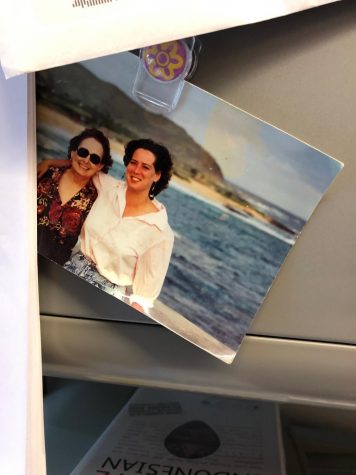
Despite being raised in a Catholic neighborhood, three blocks from the church, Cynthia was an atheist. It could be said this ideology contributed to her non-judgmental look at other cultures and to be accepting of all faiths, even if she didn’t share them. Her point of view helped other students see the world through a different lens.
EvCC alumna, Meagan King said, “My first class with her was back in spring of 2015 ANTH116 before I knew I wanted to be a nurse. She was so inspiring and was pretty good at getting people to switch their majors to anthropology. Her love, patience and care for other people in the world helped me find my nursing path.”
Cynthia spent her teen years working at the family’s ceramics store in Sioux Falls, SD, called “West Sioux Ceramics.” Her brother, Mark Clarke explains, “We made bisque, clay, cleaned, helped my mother teach classes, unloaded trucks of deliveries, drove our mother back and forth to work six days a week. We poured molds to make ceramics for sale and classes. We worked side by side until she went to the military to earn money for college. It is fitting to say, ‘She broke the mold when she was born.’ because she broke many a mold at the shop.”
Cynthia would speak about her time in the Navy and show pictures of the beaches that, as she put it, “bravely defended,” such as Hawaii, where she would later earn her Ph.D. (ABD).
She met her husband while stationed in Guam; it was from him that she became a vegetarian. They moved to Coos Bay, OR when they returned to the U.S. Although the marriage only lasted a couple of years, her vegetarianism was lifelong. Mr. Clarke said, “She felt it was cruel to animals to eat them and always told us she would not eat anything with eyes or that had babies.”
Her vegetarian lifestyle and love of animals didn’t mean she was a pushover who was afraid to get dirty. She shared both the good and bad experiences from her days in the field, such as an infection of the feet and scalp along with malaria. But every story was a segue to a lesson and an example of hard academic work.
Cathie Wamsley, administrative assistant to the communication and social science division explained how Cynthia’s grading worked, “Since Cynthia started using rubrics for all the assignments in her classes, I’ve told many people that students have to work really hard to fail her class which means, if a student put in an average amount of work, followed the course syllabus and most of the assignment rubrics, then they could probably pass with a C grade.”
But a strict rubric doesn’t mean she was cold and unbending.
EvCC student and former Clipper photographer Simon Krane gives an example of her understanding and compassion, “One moment that truly meant a lot to me during a difficult time in my life happened several years ago. Right before my very first Fall Quarter finals, my mother died of lung cancer. Cynthia Clarke gave me the option to take the final at a later date of my choosing. It was a simple thing that I hope many teachers might have done but at the time it meant a lot.”
On the morning of Nov. 17, students learned of Cynthia’s death and it shook EvCC. Teachers who had known her for the last 20 years had difficulty delivering the news. Zoom screens went blank as students and teachers alike took a moment to compose themselves.
The impact was clear. The woman who shaped the lives of so many was gone.
Elke Dinter, senior associate faculty of communication and social sciences, states, “Cynthia was a Promethean force: fully engaged, fearless, outspoken, generous but also a little bit frightening. I was lucky to be her friend for over 20 years… without Cynthia’s support and input, I would have never thought about teaching Humanities classes or Global Studies courses. It was her conviction that I was too good for just teaching German.”
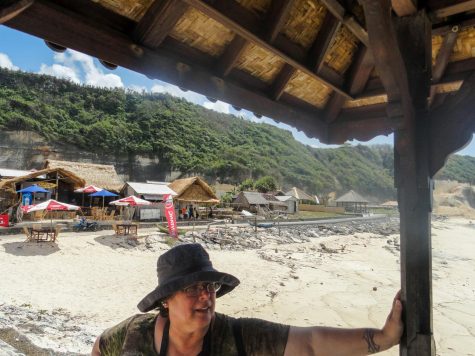
Dinter continues, “She gave me the gift of exploring my capabilities and nurtured the “Yes I can” modus in me. That is exactly what she did with all her students, especially those who applied themselves and wanted to learn. Cynthia’s classroom was right next to mine. I often admired her way of interacting with students. The noises of discussion, laughter, and active learning gave evidence. We used to disrupt the sounds of learning by blowing our Vuvuzelas that I brought back from one of my Germany trips. Out of nowhere, Cynthia would blow her horn (she was good at it). I would answer immediately, and we performed short, back and forth Vuvuzelas’ concerts much to our students’ pleasure.”
Cynthia’s comradery extended beyond the confines of the campus. Wamsley explains, “There were times over the years when we’d go out for dinner after work, I don’t think there was one time when Cynthia allowed me to pay for my meal. She would say, “You work like crazy and you do so much extra for me and others and this is my treat and a big thank you for all you’ve done for me during my time at the college and always without any questions.”
Joanne Conger, EvCC alumna and a long-time friend quit her job to care for Cynthia in the last months of her life. She said, “She was so loyal, that was Cynthia. To her friends, her family, her students. She was family to me. I lost my sister.”
In honor of Cynthia, make a cup of coffee or tea and follow her instructions for how to enjoy good quality chocolate properly.
One does not simply chomp down on good chocolate! You place it in your mouth, let it melt so you can enjoy the flavor and texture.
Savor it; this isn’t cheap Halloween candy. This isn’t gritty sugar suspended in chocolate-flavored paraffin wax. Appreciate the quality of the experience.
That is how Cynthia viewed life. As something to be savored and not taken for granted. As an atheist, she held all life precious because this is all we get. It is a moment in time that will never come again. Life is an ephemeral work of art that is lost to all except those who experienced it and remember.
Although she is gone, her legacy lives on in her students, colleagues, friends and family.
Cynthia will be laid to rest at the Black Hills National Cemetery in Sturgis, SD.
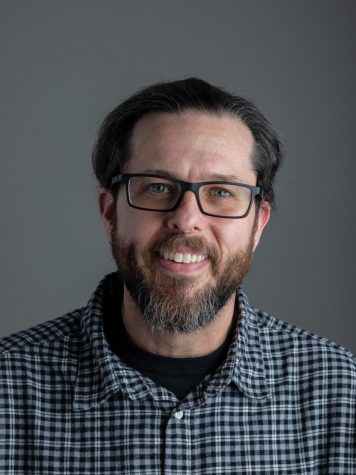
What living person do you most admire?
My wife.
Where would you most like to live?
If I didn’t already live in Everett, I would live in Vancouver,...

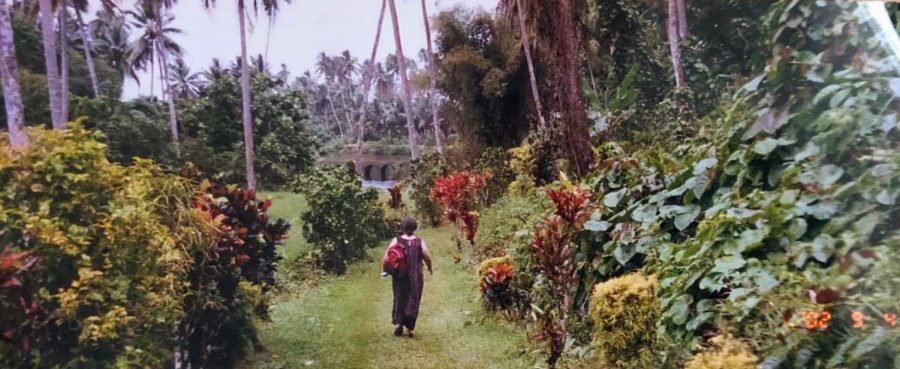
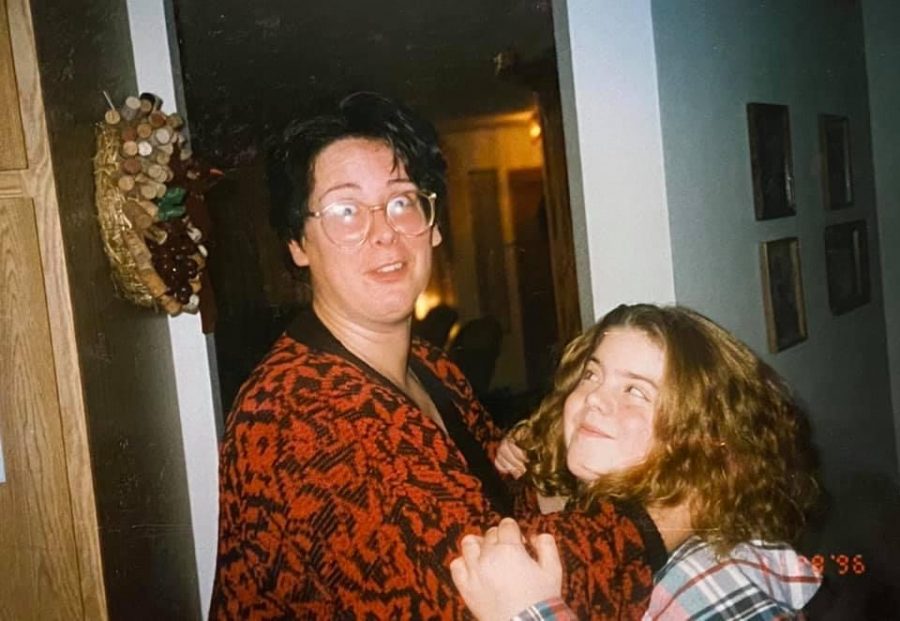
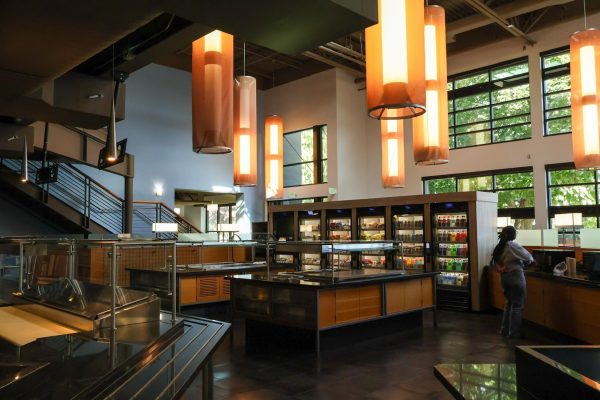
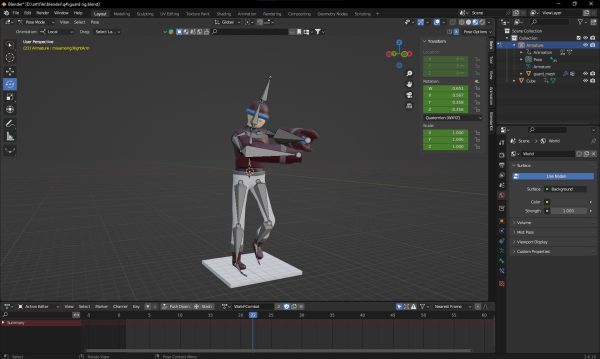


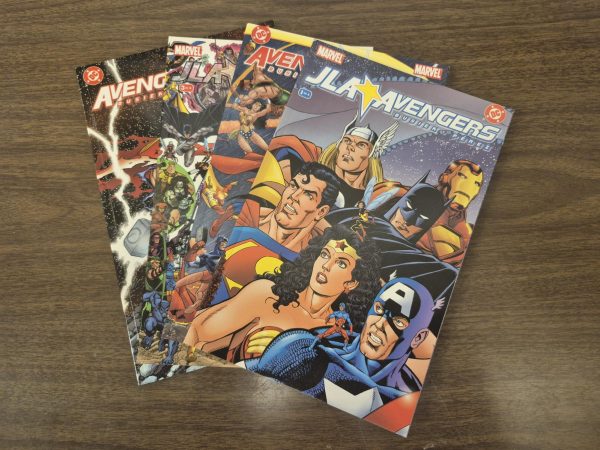
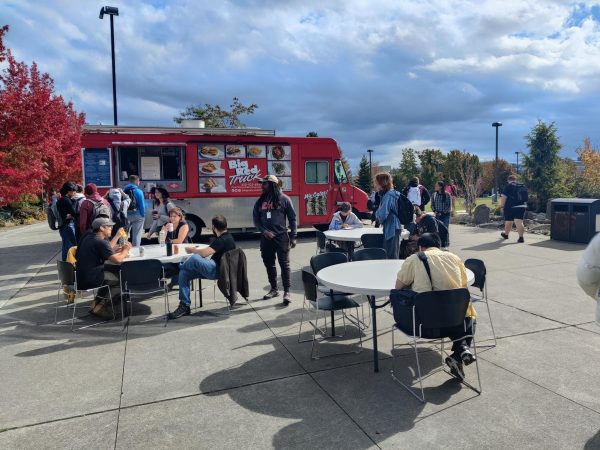
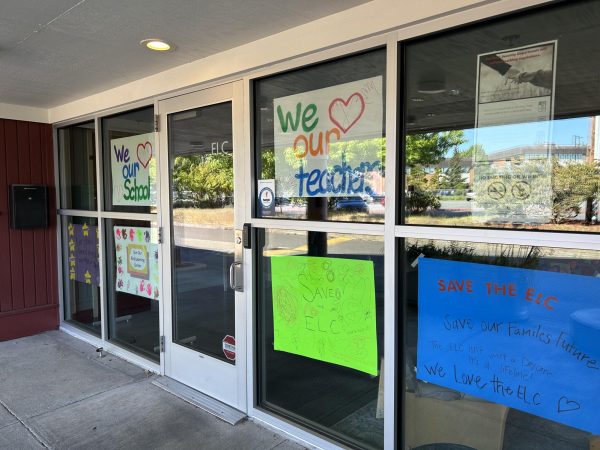
Dr. Guy L. Tasa • Feb 4, 2021 at 2:55 pm
It is with profound sadness that I learned only today of Dr. Cynthia Clarke’s passing back in November. Cindy and I were fellow undergraduate students at Oregon State University and then both transferred to the University of Oregon for our graduate studies. She was a dear friend that will be missed terribly.
Aminata Ndiaye • Dec 19, 2020 at 12:08 am
I am so sad to hear that we loss Cynthia Clarke she was a very good instructor, dedicated to help student ?. I was one of those students, she had good sense of humor . She always wanted to give the best support and advice. She will be missed so much. May she rest in peace ?